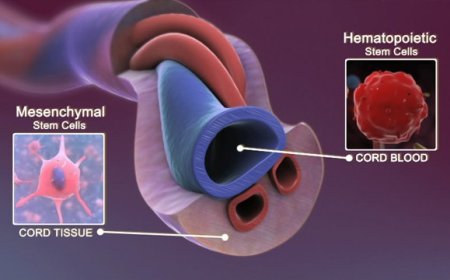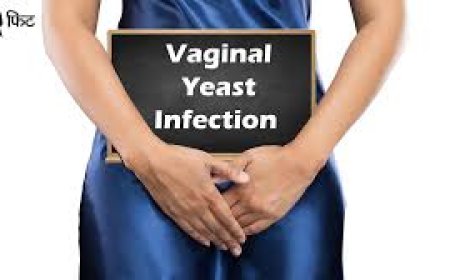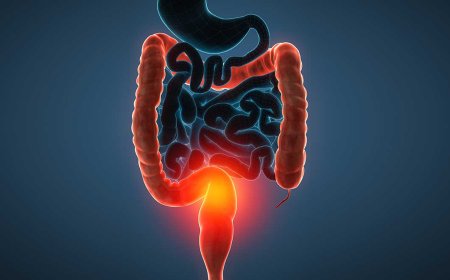Bad or Changed Breath

Introduction:
Bad or changed breath can sometimes make us feel embarrassed, but it's essential to know that many people experience it, and there are ways to prevent and treat it. In this article, we will learn about bad breath, its types, causes, symptoms, diagnostic tests, treatments, and prevention techniques in simple language, so kids in India can easily understand.
Signs and Symptoms:
Bad breath, also known as halitosis, can be recognized by the unpleasant smell that comes from the mouth. It may make you feel self-conscious, and you might notice people stepping back when talking to you. Some signs of bad breath include an unusual taste in your mouth, dryness in the mouth, and white or yellow coating on the tongue.
What Is Bad or Changed Breath?
Bad or changed breath refers to an unpleasant smell that comes from the mouth due to certain reasons. It happens when bacteria in our mouth break down leftover food particles, leading to the release of smelly gases.
How Is Bad or Changed Breath Classified?
Bad or changed breath can be classified into two main types:
- Transient Bad Breath: This is temporary bad breath caused by things like eating spicy foods, garlic, or onions. It usually goes away after you brush your teeth or drink water.
- Chronic Bad Breath: This is a long-lasting problem that may indicate some underlying health issues or poor dental hygiene. It requires proper attention and treatment.
Causes and Triggers:
Several things can cause bad or changed breath, such as:
- Poor oral hygiene: Not brushing and flossing regularly allows bacteria to build up in the mouth, causing bad breath.
- Dental problems: Cavities, gum disease, and infected teeth can also contribute to bad breath.
- Dry mouth: When the mouth doesn't produce enough saliva, it can lead to bad breath because saliva helps clean the mouth.
- Certain foods and drinks: Foods like garlic and onions or drinks like coffee and soda can cause temporary bad breath.
- Infections in the throat or nose: Infections can lead to bad breath because of the presence of bacteria.
- Other health conditions: Sometimes, bad breath can be a sign of other health problems like respiratory infections, acid reflux, or diabetes.
Risk Factors with Examples:
Some factors may increase the risk of bad breath. For example:
- Irregular brushing and flossing: If you don't brush and floss your teeth regularly, bacteria can build up, leading to bad breath.
- Skipping dentist visits: Not going to the dentist for regular check-ups can lead to dental problems that cause bad breath.
- Eating strong-smelling foods: Foods like garlic and onions can make your breath smell bad, but it's temporary.
- Dry mouth: Some medicines and certain health conditions can cause dry mouth, leading to bad breath.
Types of Bad or Changed Breath:
- Morning Breath: This is a common type of bad breath that many people experience when they wake up in the morning. It happens because our mouth gets dry during sleep, allowing bacteria to grow and cause a smelly breath. Brushing your teeth in the morning helps get rid of it.
- Food-Related Bad Breath: Eating foods with strong smells, like garlic or onions, can cause temporary bad breath. The smell goes away after some time or by brushing your teeth.
- Chronic Bad Breath: This is when the bad breath lasts for a long time, even after brushing and flossing. It may indicate an underlying problem like gum disease, cavities, or infections.
Diagnostic Tests and Treatments:
To find out the cause of bad breath, the dentist may perform the following diagnostic tests:
- Dental Examination: The dentist will check your teeth and gums for any signs of problems that may be causing bad breath.
- Saliva Test: Sometimes, the dentist may ask you to provide a saliva sample to check if your mouth produces enough saliva to keep it clean.
- X-rays: X-rays help the dentist see if there are any hidden dental problems like cavities or infections.
Treatments for bad breath depend on the underlying cause:
- Good Oral Hygiene: Brushing your teeth twice a day, flossing, and using mouthwash help remove bacteria and prevent bad breath.
- Treating Dental Problems: If cavities or gum disease are causing bad breath, the dentist will treat them to solve the issue.
- Drinking Water: Keeping your mouth hydrated by drinking water throughout the day helps prevent dry mouth and bad breath.
- Tongue Cleaning: Using a tongue scraper or gently brushing your tongue helps remove bacteria and debris that can cause bad breath.
Complications of Bad or Changed Breath:
If left untreated, bad breath can lead to social discomfort and low self-esteem. It may also be a sign of underlying dental or health problems that need attention. So it's essential to take care of your oral hygiene and visit the dentist regularly.
Prevention Techniques:
To prevent bad breath, follow these simple tips:
- Brush your teeth twice a day.
- Floss your teeth daily.
- Drink plenty of water to keep your mouth hydrated.
- Limit eating strong-smelling foods.
- Visit the dentist regularly for check-ups.
Bad breath is a common problem that can be temporary or chronic, and it can have different causes. By taking care of your teeth and gums, eating healthy foods, and visiting the dentist regularly, you can keep your breath fresh and your smile bright! Remember, a healthy mouth leads to a happy and confident you!
What's Your Reaction?
 Like
0
Like
0
 Dislike
0
Dislike
0
 Love
0
Love
0
 Funny
0
Funny
0
 Angry
0
Angry
0
 Sad
0
Sad
0
 Wow
0
Wow
0








































































